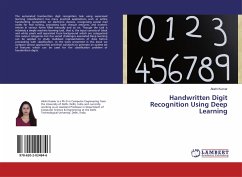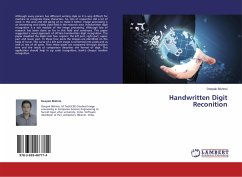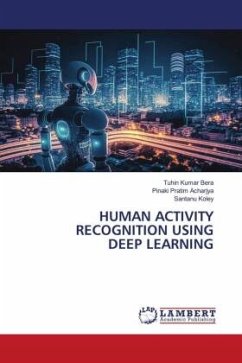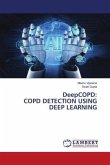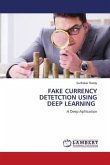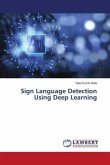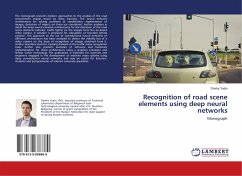The automated handwritten digit recognition task using supervised learning (classification) has many practical applications such as online handwriting recognition on electronic devices, recognizing postal mail codes for mail sorting, processing bank cheque amounts, and numeric entries in various forms filled manually and so on. Though the task is relatively a simple machine learning task, that is, the input consists of black and white pixels well separated from background which are categorized into output categories but has varied challenges associated.Deep learning can be applied to study multilevel representations of data before proceeding with classification. In the work presented in this book we compare various approaches and their variations to generate an optima set of features which can be used for the classification problem of handwritten digits.
Bitte wählen Sie Ihr Anliegen aus.
Rechnungen
Retourenschein anfordern
Bestellstatus
Storno

